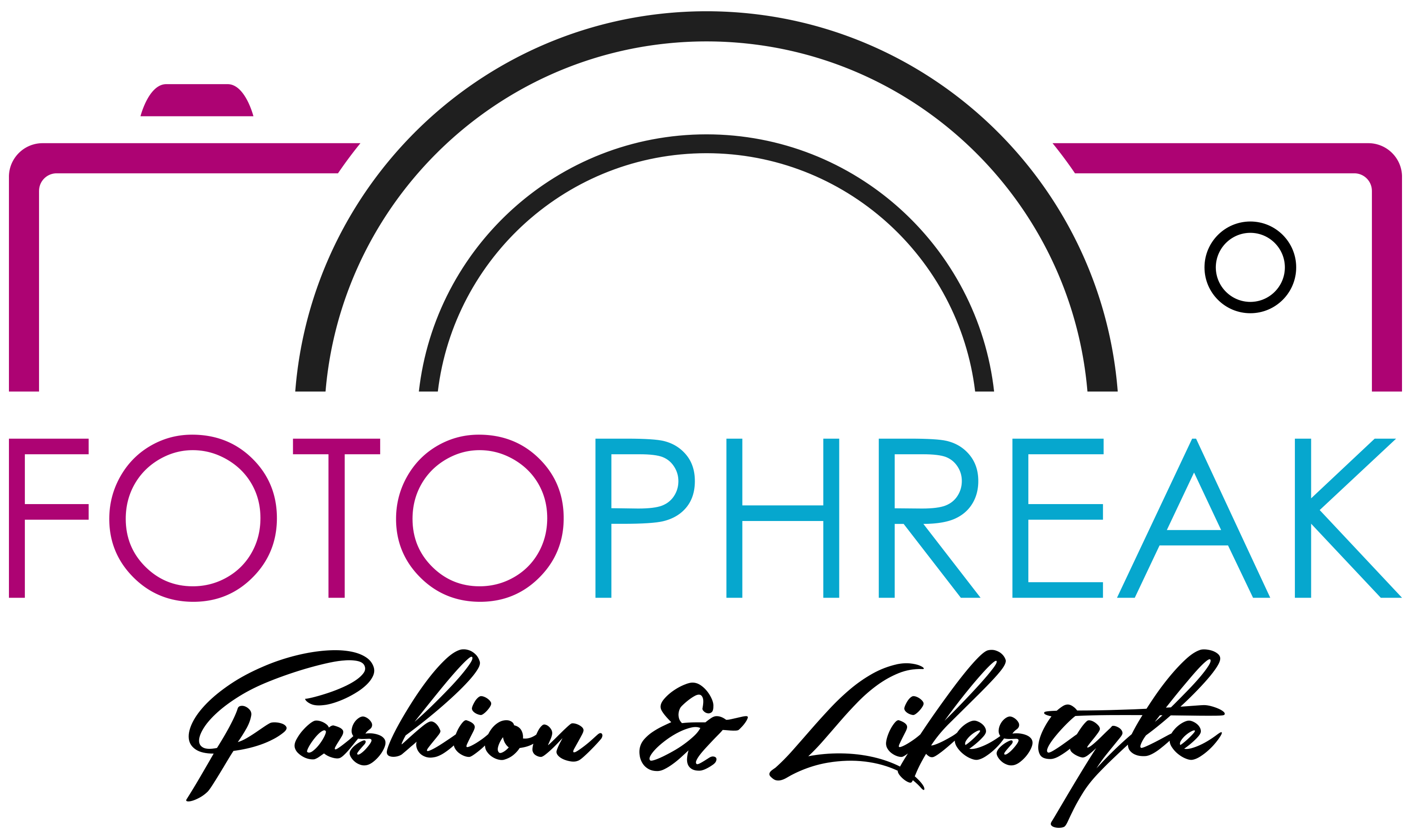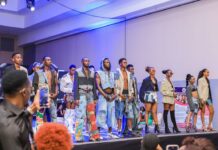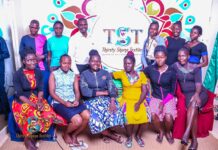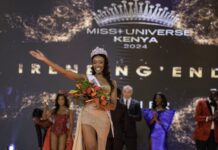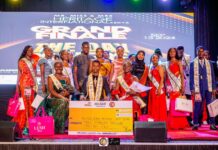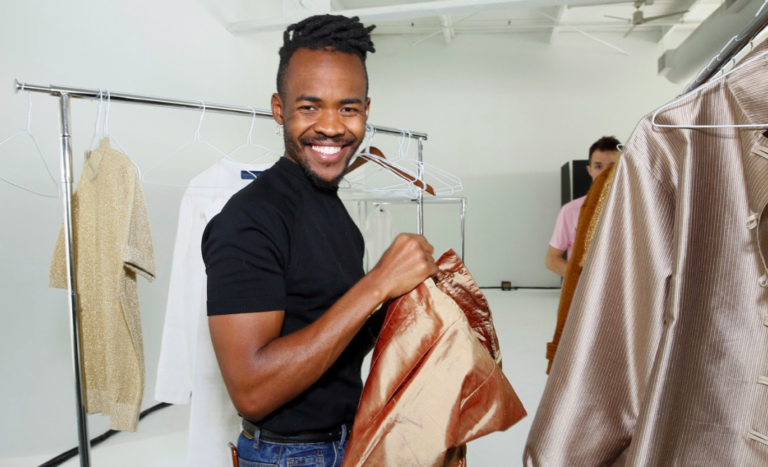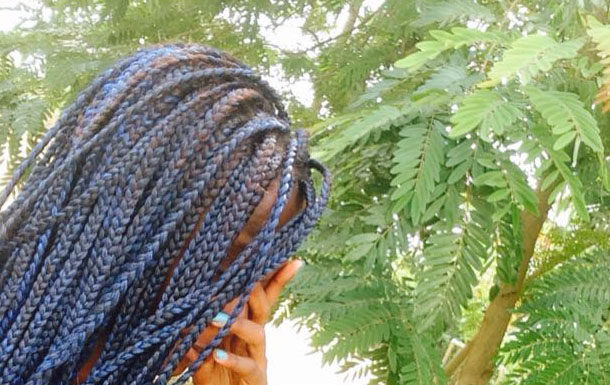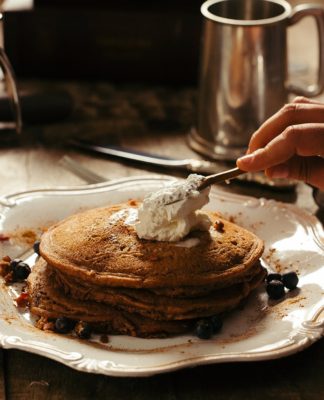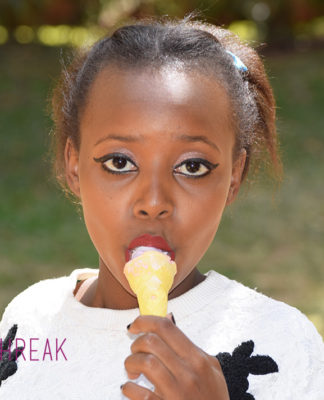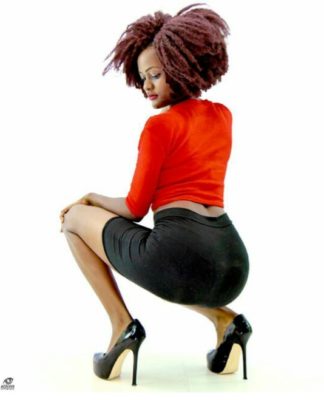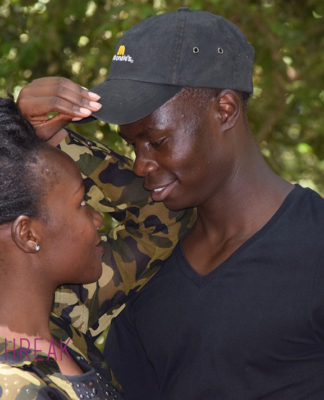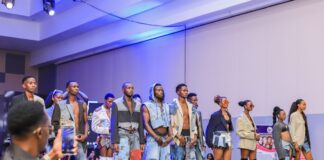Fashion in Africa
Fashion like all art doesn’t exist within a vacuum. It is like therapy, the essence of it being able to connect with what one wears. In the glitz and glamorous niche of fashion in Africa here are the news that make it up worthwhile.
1. The Symbolic Trendy “Kente”
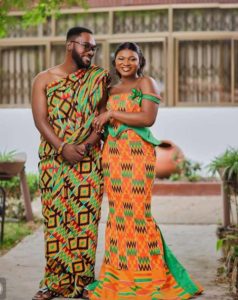
Kente is an emblem of African identity. In a 15 minute exclusive show revealing Autumn-winter men’s collection from the firebrand Louis Vuitton, Kente designs in the collection left tongues wagging. But one may wonder, what exactly is Kente and why is it catapulting into a rated fabric?
The African fabric Kente, which is also known as Kita originates from Ghana and Ivory Coast majorly among the Akan and Kru People. It symbolizes power and nobility, as it also harbors cultural value. It is highly revered amongst men hence the succinctly weaving of the fabric by mixing several threads of silk and cotton of different colors which hold significant meanings. Yellow for instance stands for money and wealth, green for prudence and white represents peace and purity.
These item of clothing has in recent times enjoyed popularity with the latest having a Kente designed by Virgil Abloh being worn by the Afro-American sensational poet, Amanda Gorman on the cover of Vogue USA. A year before, Kente was worn by members of the American Congress to denounce racism in the American society following the murder of George Floyd.
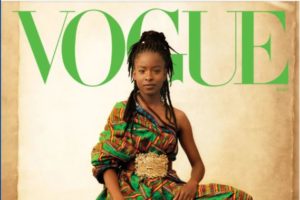
2. Fashion Capitals
South Africa has been keen on joining the original fashion cities like Milan, London, Paris and New York in holding fashion weeks. Leading cities like Cape Town and Johannesburg have been holding fashion weeks annually in a bid to accelerate the growth of the fashion industry.
This has in turn led to the brands based in South Africa acclaim success in the global fashion sphere. The attribution to this accomplishment is the country’s bold choice of color and the erratic fashion patterns which have led to upcoming trends and designers.
In a typical day on the Streets of Cape Town or Johannesburg, the major trends blazing areKimono Dresses, All white, Off-the shoulder tops, Neon colors and statement sleeves, just to mention but a few.
3. Redefining Masculinity Through Fashion
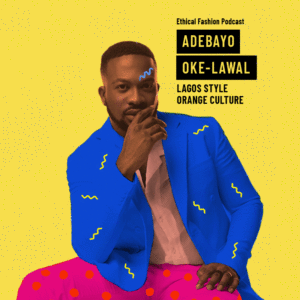
“Deciding to create a brand was an intentional decision. I didn’t just want to create another brand that just made clothing. I wanted to create a brand that had some level of emotionality behind it. I love the idea of creating a brand that starts conversations.” said Adebayo Oke-Lawal, a Lagos based designer and founder of Orange culture in a past interview.
The Designer is all out revolutionizing the fashion industry in a diverse and different way that some may term controversial. He owns a label called ‘Luxury’ that seeks to address issues in the society such as toxic masculinity. His efforts have had ripple effect to the community and have captivated audiences through his androgynous garments.
4.Lifestyle and beauty festival
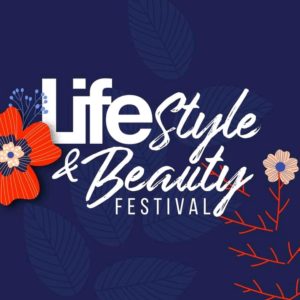
In Ivory coast, most women spend their disposable income on fashion and beauty products according to a study carried out by Ipsos Social Research Institute in 2017. The inception of this Festival was brought to fore after a look at the outcome of this research.
The festival was thus held to serve the need of creating a framework that promotes fashion, cosmetics and lifestyle sectors with their entire production chains.
Killing two birds with the same stone, Lifestyle and Beauty festival(LSBF) encompassed both consumers and professionals as they were given to a platform to interact, showcase their skills and expertise whilst
developing new markets.
5.The Designer accelerator program
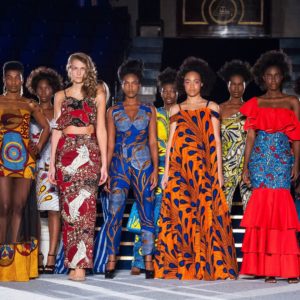
Français de la Mode(IFM) in partnership with Birimian launched the IFM-Birimian
accelerator X Africa Initiative. The programme is an innovative acceleration program for emerging African heritage brands in the fashion accessories and jewelries sectors.
The programme runs yearly for a duration of ten months and supports ten to fifteen emerging designers for their talent, originality and potential.
Following this, Ethical Fashion initiative(EFI) has already selected six West African
creatives to participate in this program. The designer accelerator programme is highly
lauded as it is committed to African youth, sustainability and diversity.
